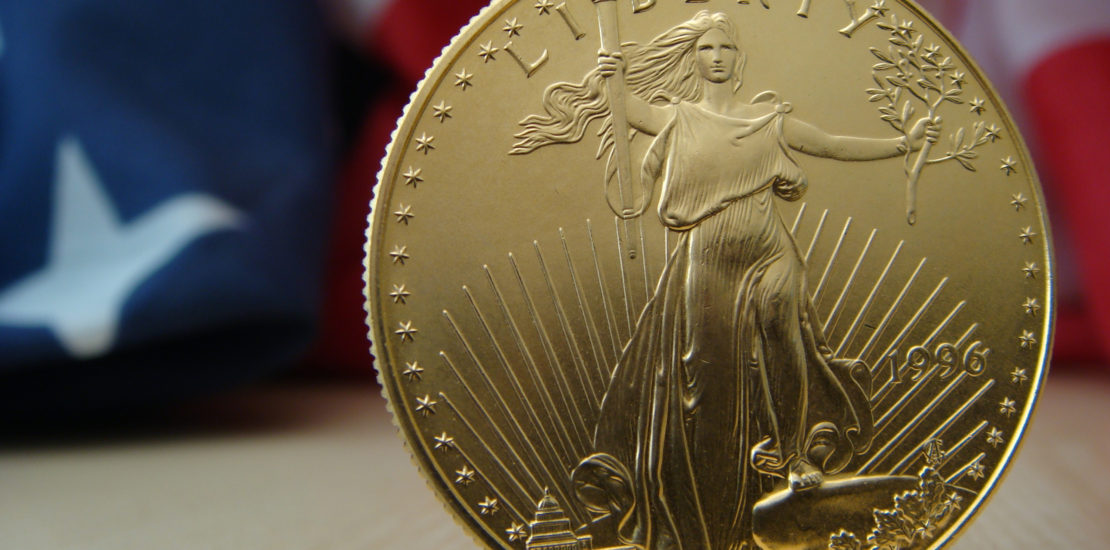Your Economic Freedom
- May 20, 2019
- Posted by: Philip Struble
- Category: Uncategorized

Have you thought about your economic freedom lately?
If you are like me, you’re vaguely aware that the government often discusses “economic freedom,’ and that its consideration plays a role in many of the decisions and legislation that are enacted.
Other than that, economic freedom is seldom contemplated by the average American.
Economic Freedom
I’ve learned recently that we, specifically small businesses and entrepreneurs, need to care about economic freedom.
First, there is a strong positive relationship between economic freedom and the average real per capita income and liberty. The cornerstones of economic freedom are personal choice, voluntary exchange, freedom to enter markets and compete, and the security of our personal, privately held property.
Second, there are 28.8 million small businesses in the United States, according to the U.S. Small Business Administration, and they have 56.8 million employees. Small businesses (defined as businesses with fewer than 500 employees) account for 99.7% of all business in the US. Typically, 60% of all jobs created are from small businesses with about 40% of those jobs coming from businesses with less than 50 employees.
Furthermore, small businesses produce 13 times more patents per employee than large patent companies, and small businesses represent about 97% of all exporters.
Thirdly, small businesses and entrepreneurs are highly susceptible to market volatility, government regulations, and variations in both federal and federal tax laws. In the immediate aftermath of the 2008 economic crash, the small- to medium-sized companies’ death rate exceeded their birth rate for the first time in US history.
Finally, our businesses represent our economic freedom. We each get to experience in our little business world what nations all discuss when considering economic freedom. We get to make our own financial decisions, we get to buy and hold personal property, and we get to pick and choose who we do business with.
Small Businesses
Since we are such a significant part of the economy and are so quickly impacted by the vagaries of economic change, we need to be aware of our economic freedoms. And with our current U.S. economy getting stronger by the month, our success and our future hinges on how we respond to things that may affect this economic freedom.
Unfortunately, participating in discussions about economic freedom is not easy, especially when you also have to manage your kitchen at your restaurant, prepare tax returns at your accounting firm, or fill in for an absent driver in your deliver business.
To help, I’ve developed several points for each of us to consider that should help protect our economic freedom.
- Focus on our business. Make sure we are as debt free as possible, work following well-thought-out contracts, and operate with integrity.
- Make good business choices. Expand your business only when future growth is viable, invest in sustainable markets, and employ quality, trustworthy employees.
- Don’t be afraid to fail. Small businesses fail all the time, and the successful small businesses start right over by implementing what they learned the first time.
- Know your City, State, and Federal representatives. Regardless of what party they campaigned under, once elected, they become your elected official. If they are considering an action that will impact you negatively, they need to hear from you. Rely on business associations and outside focus groups to help keep you apprised of is going on.
The Bible
Economic freedom is biblical. It is about people’s ability from any race, gender, or faith to trade and use their gifts and skills to serve others. Economic freedom is best known to unleash creativity in each individual and to bring about flourishing in nations around the world, one business at a time and one person at a time.
Throughout the Bible are scriptures about a climate of buying, selling, borrowing, and hiring. The Bible requires people to recognize the property rights of others and to work in an entrepreneurial economy where wages and profits are earned, and people prosper. The right to profit was so obvious to the apostle Paul that he asked, “Who plants a vineyard without eating any of its fruit?” (1 Corinthians 9:7).
Just as important as the specific verses about economic freedom is Colossians 3:23-24.
Whatever you do, work heartily, as for the Lord and not for men, knowing that from the Lord you will receive the inheritance as your reward. You are serving the Lord Christ.
For each of us to enjoy economic freedom, we all need to do our jobs well and perform them with integrity and boldness. It is God who has given us this opportunity for economic freedom, and it is God who we work for and are to please.
